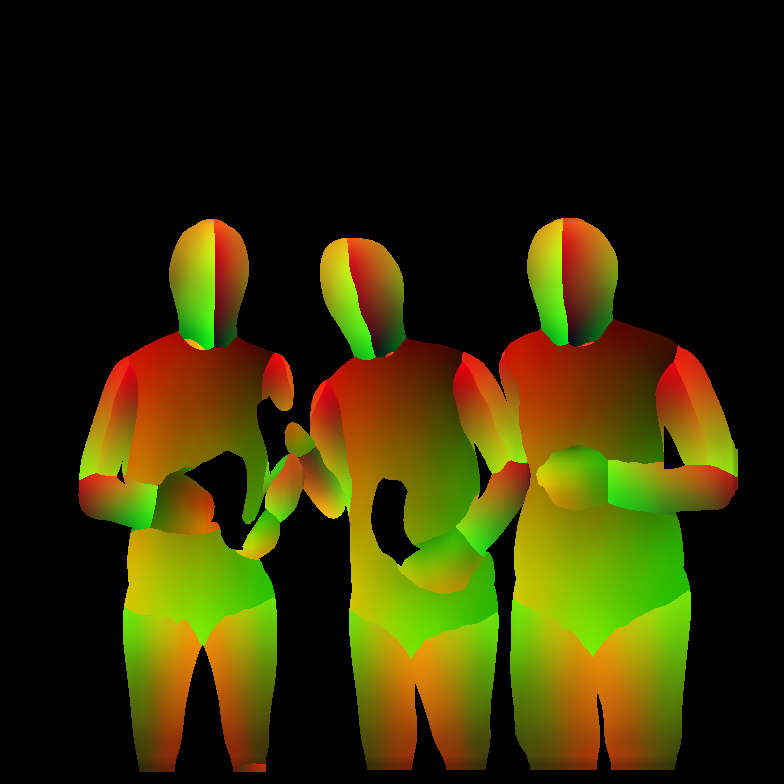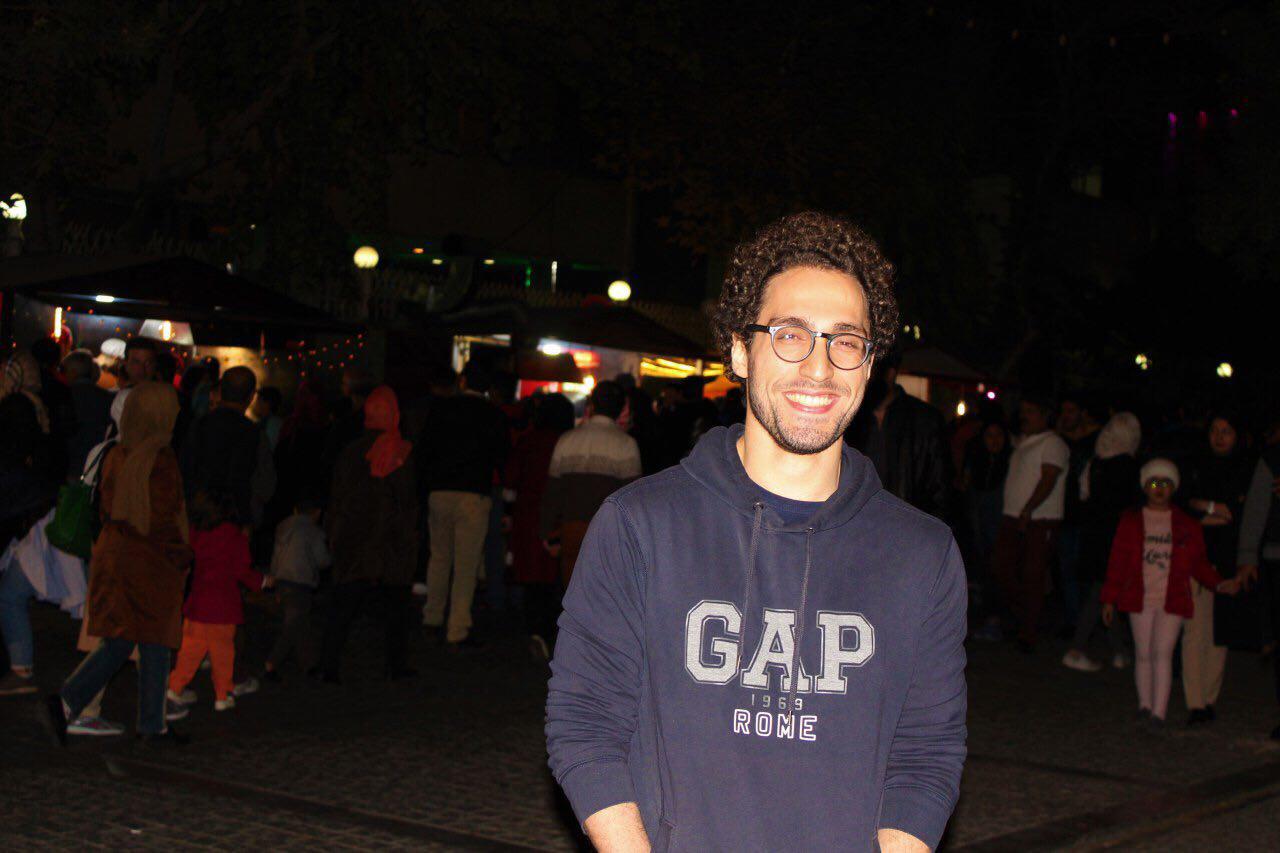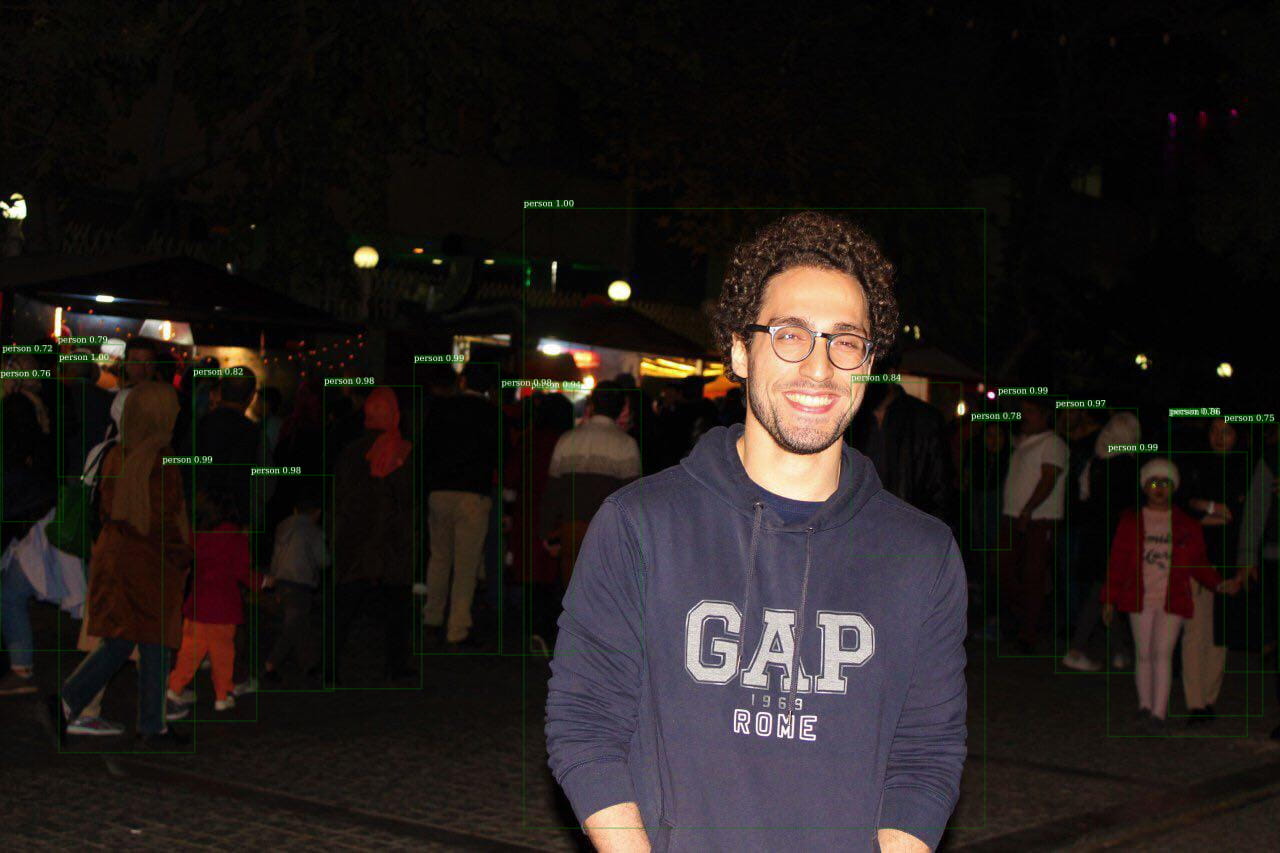Installing DensePose
Because installing DensePose is hard, I provided a simple installation guid based on DensePose Installation and the provided Dockerfile.
Requirements:
- NVIDIA GPU, Linux, Python2
- Caffe2, various standard Python packages, and the COCO API; Instructions for installing these dependencies are found below
Notes:
- We are using CUDA 9.0 with cuDNN 7.1 for this tutorial
Getting Started
-
Installing a fresh Ubuntu 16.04
- updating ubuntu:
sudo apt-get update sudo apt-get upgrade
- reboot for booting up to the last kernel version
reboot
- updating ubuntu:
-
We need to have linux kernel 4.4.0 since it's the only kernel that is supported for CUDA 9.0 and ubuntu repositories only provide linux source for that kernel. For Ubuntu 16.04 LTS on x86-64, both the HWE kernel (4.13.x for 16.04.4) and the server LTS kernel (4.4.x) are supported in CUDA 9.2. Visit https://wiki.ubuntu.com/Kernel/Support for more information.
sudo apt-get install build-essential sudo apt-get install linux-image-extra-virtual sudo apt-get install linux-source reboot
make sure you are booting into the right kernel version ( 4.4.0 ). since we loaded kernel 4.4.0 we should see the output of uname something like this:
uname -r
4.4.0-128-genericthen we should install the kernel headers
sudo apt-get source linux-image-$(uname -r) sudo apt-get install linux-headers-$(uname -r)
-
Downloading cuda 9.0 runfile
-
Download cudnn7 ( possibly 7.1 )
-
install cuda 9.0:
-
Create a file at /etc/modprobe.d/blacklist-nouveau.conf with the following contents
blacklist nouveau options nouveau modeset=0 -
Regenerate the kernel initramfs:
sudo update-initramfs -u
-
reboot to runlevel 3 adding character 3 to the end of the grub bootloader at boot time will get you to the runlevel 3
-
go to you cuda directory
sudo sh ./cuda-installer
-
-
installing cudnn 7 using nvidia documentation
- it's quite easy using the tar file
Copy the following files into the CUDA Toolkit directory.
tar -xzvf cudnn-9.0-linux-x64-v7.tgz
sudo cp cuda/include/cudnn.h /usr/local/cuda/include sudo cp cuda/lib64/libcudnn* /usr/local/cuda/lib64 sudo chmod a+r /usr/local/cuda/include/cudnn.h /usr/local/cuda/lib64/libcudnn*
- it's quite easy using the tar file
-
Next we have to download Nvidia NCCL for ubuntu
- installing nccl using this guide
-
We should also download anaconda to install caffe2
- Download Python 2.7 version from this link
chmod +x Anaconda2-5.2.0-Linux-x86_64.sh ./Anaconda2-5.2.0-Linux-x86_64.sh
- The installation will ask you for some location but for testing the default ones will work
- It will install anaconda to your home directory
- We assume that anaconda is installed in our home directory and the path looks like this:
adding the path to our environment path
/home/terra/anaconda2
export PATH="/home/terra/anaconda2/bin${PATH:+:${PATH}}" export PATH="/usr/local/cuda/bin${PATH:+:${PATH}}" export LD_LIBRARY_PATH=/usr/local/cuda/lib64\ ${LD_LIBRARY_PATH:+:${LD_LIBRARY_PATH}}
- Download Python 2.7 version from this link
-
Installing caffe2
- By running this command conda will try to install caffe2 with cuda support.
conda install -c caffe2 caffe2-cuda9.0-cudnn7
- Verifing caffe2 installation:
python2 -c 'from caffe2.python import workspace; print (workspace.NumCudaDevices())'
- By running this command conda will try to install caffe2 with cuda support.
-
Install the COCO API:
# COCOAPI=/path/to/clone/cocoapi git clone https://github.com/cocodataset/cocoapi.git $COCOAPI cd $COCOAPI/PythonAPI # Install into global site-packages make install # Alternatively, if you do not have permissions or prefer # not to install the COCO API into global site-packages python2 setup.py install --userNote that instructions like
# COCOAPI=/path/to/install/cocoapiindicate that you should pick a path where you'd like to have the software cloned and then set an environment variable (COCOAPIin this case) accordingly. -
Finally Installing Densepose
Clone the Densepose repository:
# DENSEPOSE=/path/to/clone/densepose git clone https://github.com/facebookresearch/densepose $DENSEPOSEInstall Python dependencies:
pip install -r $DENSEPOSE/requirements.txtSet up Python modules:
cd $DENSEPOSE && makeCheck that Detectron tests pass (e.g. for
SpatialNarrowAsOp test):python2 $DENSEPOSE/detectron/tests/test_spatial_narrow_as_op.pyBuild the custom operators library:
cd $DENSEPOSE && make opsCheck that the custom operator tests pass:
python2 $DENSEPOSE/detectron/tests/test_zero_even_op.pyFetch DensePose data.
Get necessary files to run, train and evaluate DensePose.
cd $DENSEPOSE/DensePoseData bash get_densepose_uv.shFor training, download the DensePose-COCO dataset:
bash get_DensePose_COCO.shFor evaluation, get the necessary files:
bash get_eval_data.shSetting-up the COCO dataset.
Create a symlink for the COCO dataset in your
datasets/datafolder.ln -s /path/to/coco $DENSEPOSE/detectron/datasets/data/cocoCreate symlinks for the DensePose-COCO annotations
ln -s $DENSEPOSE/DensePoseData/DensePose_COCO/densepose_coco_2014_minival.json $DENSEPOSE/detectron/datasets/data/coco/annotations/ ln -s $DENSEPOSE/DensePoseData/DensePose_COCO/densepose_coco_2014_train.json $DENSEPOSE/detectron/datasets/data/coco/annotations/ ln -s $DENSEPOSE/DensePoseData/DensePose_COCO/densepose_coco_2014_valminusminival.json $DENSEPOSE/detectron/datasets/data/coco/annotations/Your local COCO dataset copy at
/path/to/cocoshould have the following directory structure:coco |_ coco_train2014 | |_ <im-1-name>.jpg | |_ ... | |_ <im-N-name>.jpg |_ coco_val2014 |_ ... |_ annotations |_ instances_train2014.json |_ ...
Results
First Try
Second Try
Issues
Feel free to open an issue if you find anything that needs to be improved. I will try to keep this guide updated.









